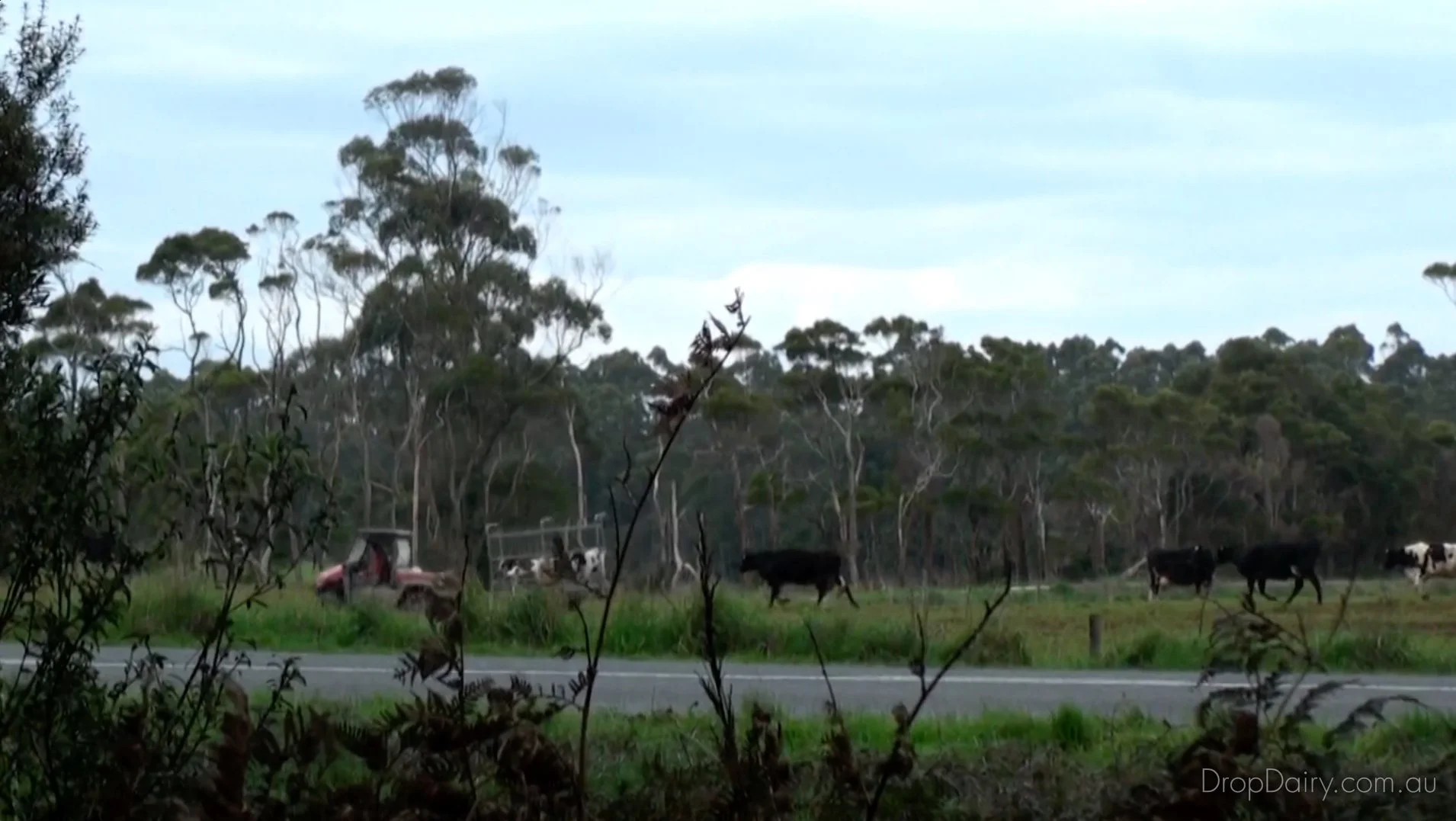
10 questions about plant milk answered
August 22 is World Plant Milk Day, a day to celebrate animal-friendly living and delve into the world of plant milks. We’re answering your top 10 questions about how plant milks are made, their nutrition, what milk to use when, and the big why. Whether you're new to the plant milk scene or a seasoned enthusiast, we're here to address your most frequently asked questions and help you make informed choices for your culinary endeavours.
1. What are plant milks made from?
Plant milks are made from soy beans, oats, coconuts, almonds, hemp, peas, faba beans, rice, cashews, macadamias, and pistachios. Other common ingredients include water, emulsifiers (oils) to improve texture, vitamins and minerals, and sometimes salt or additional sweeteners, like cane sugar.
2. What plant milk has the highest calcium?
Calcium plays a pivotal role in healthy bones, blood clotting, muscle contraction, heart rhythms and nerve functions. Many plant milks are fortified with calcium to help you meet your daily needs, often providing higher levels of calcium in comparison to cow's milk. It is important to know that if you eat a whole foods, vegan diet, you can still easily hit your recommended calcium intake. Soy, beans, peas, lentils, seeds (chia, sesame), nuts, leafy greens, vegetables, fruits, some grains, and molasses are all great sources of calcium.
3. What plant milk has the most protein?
Protein is essential for our bodies to function properly. If you're looking to boost your protein intake through plant milk, soy, pea, hemp, and oat milks take the lead.
4. What plant milk froths best?
To create the silky, frothy texture, you need milks with higher protein and fats. We recommend using soy, oat, or pea. In saying this, many brands have released “barista” style milks, helping you achieve that creamy, frothy texture.
5. How do I choose the right plant milk?
When selecting plant milk, consider factors such as flavour preference, nutritional content, and potential allergens. Many people find that experimenting with different options helps them find the perfect match for their taste and needs.
Each milk has a different taste, consistency, and flavour.
Soy - High in protein, creamy
Oat - High in protein and fibre
Coconut - Creamy, sweet
Almond - Nutty flavour
Hemp - High in nutrients (calcium, vitamin D, protein, omega-3)
Pea - High in protein, calcium, and omega-3
Faba Bean - High in protein and calcium
Rice - Light, neutral flavour, high in magnesium and B6
Cashew - Creamy, rich in protein
Macadamia - Nutty flavour
Pistachio - High in calcium, iron, milk nutty flavour
What milks are best in:
Coffee –
hot – soy, oat, macadamia, almond
iced – coconut, almond, soy, cashew
Savoury cooking – coconut, soy, oat, hemp, pea, rice
Smoothies – soy, almond, pea, oat, hemp
Cereal – coconut, soy, almond
Baking – soy, oat, almond
Custards/pudding – soy, pea, oat
Icecream - cashew, coconut, almond, soy, macadamia
6. Are plant milks suitable for those with nut allergies?
Of course! If you have nut allergies, there are plenty of options available, like soy, oat, pea, help, rice, and coconut.
7. What about lactose intolerance and plant milk?
Plant milk is a fantastic solution for individuals who are lactose intolerant. Unlike cow's milk, plant milks are naturally lactose-free, making them gentle on sensitive stomachs. Did you know that experts estimate that 68% of the world’s population has lactose malabsorption? To put it shortly, animals produce milk to feed their babies and help them grow. As humans aren’t baby cows, our bodies aren’t designed to drink another species milk.
8. Are plant milks sustainable?
All plant milks have a lower environmental footprint than animal milks, like cow and goat. When we compare the different types of milk in terms of land use, water use, greenhouse gas emissions, and eutrophication, plant milks are more sustainable.
9. Can I Make My Own Plant Milk?
Absolutely! DIY plant milk is a fun and cost-effective option. Common bases for homemade plant milk include almonds, oats, cashews, and even hemp seeds. Vegan First has 7 quick recipes for you to try today!
10. Why should I choose plant milk?
For the animals. Across the globe there are over 270 million dairy cows. Many people are unaware that like all mammals, cows only produce milk to feed their baby. The dairy industry impregnates cows and takes away their babies almost immediately after birth. Their babies either enter the dairy cycle (if they are female), are kept for veal or beef, or are killed almost immediately. Every year in Australia approximately 500,000 calves are slaughtered at just 5 days old. Cows can live for up to 20 years, however, on a dairy farm their average life span is just 4-7 years. This is because when a dairy cow is no longer producing enough milk to be considered “economically viable”, she is also killed.
Take the pledge to drop dairy today!
Reading this blog was the first step in creating a kinder world for animals. We encourage you to experiment with different plant milks to discover your favourites for different dishes and occasions.
This World Plant Milk Day, celebrate not only the delicious alternatives but also the positive impact your choices make on your health, the environment, and animal welfare. Take the pledge to drop dairy today and receive a free e-book with our favourite dairy alternatives.





